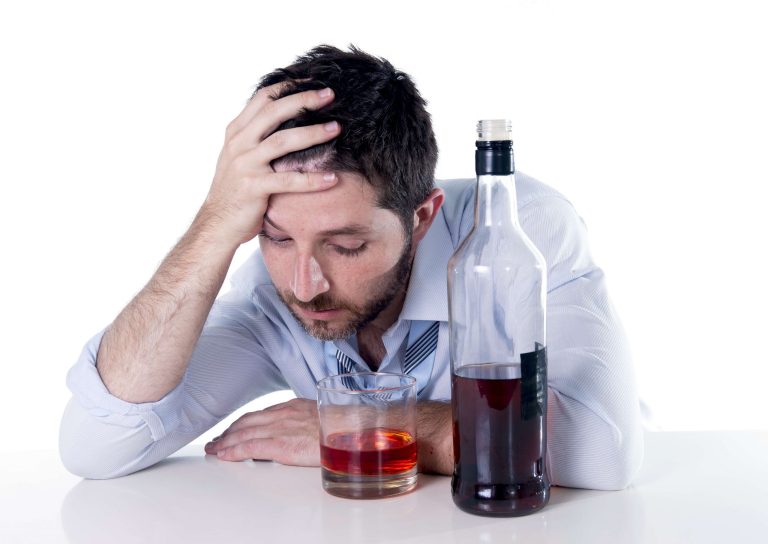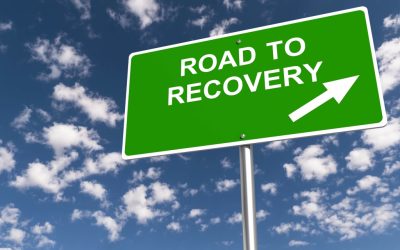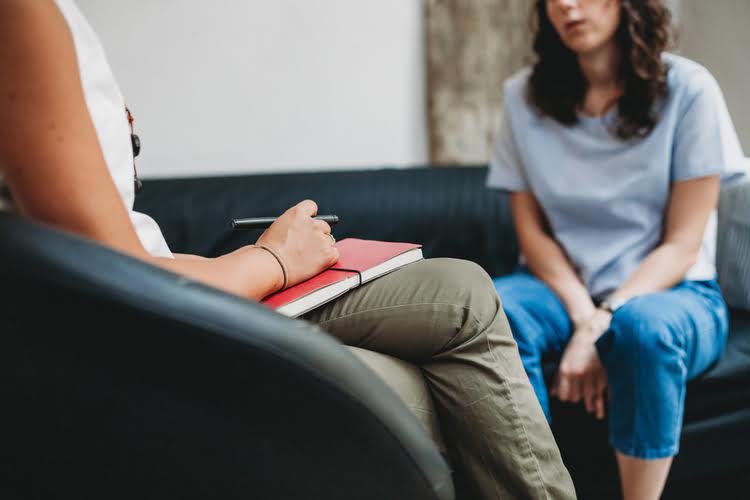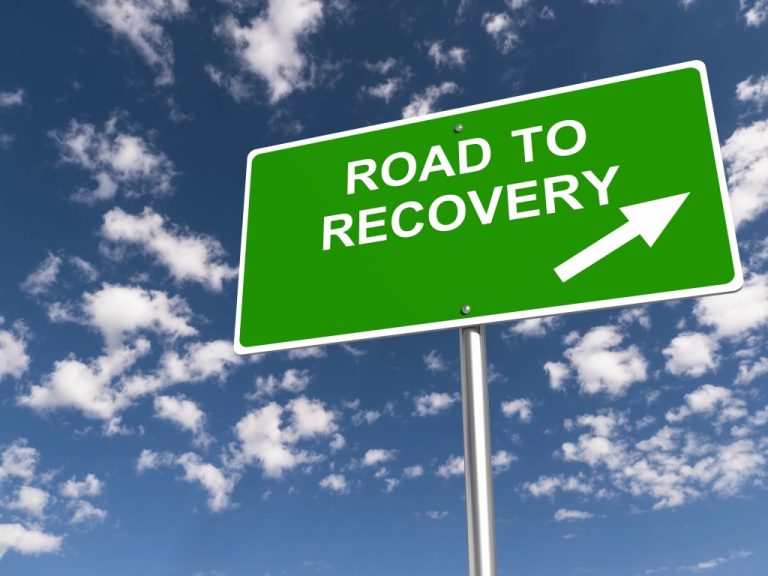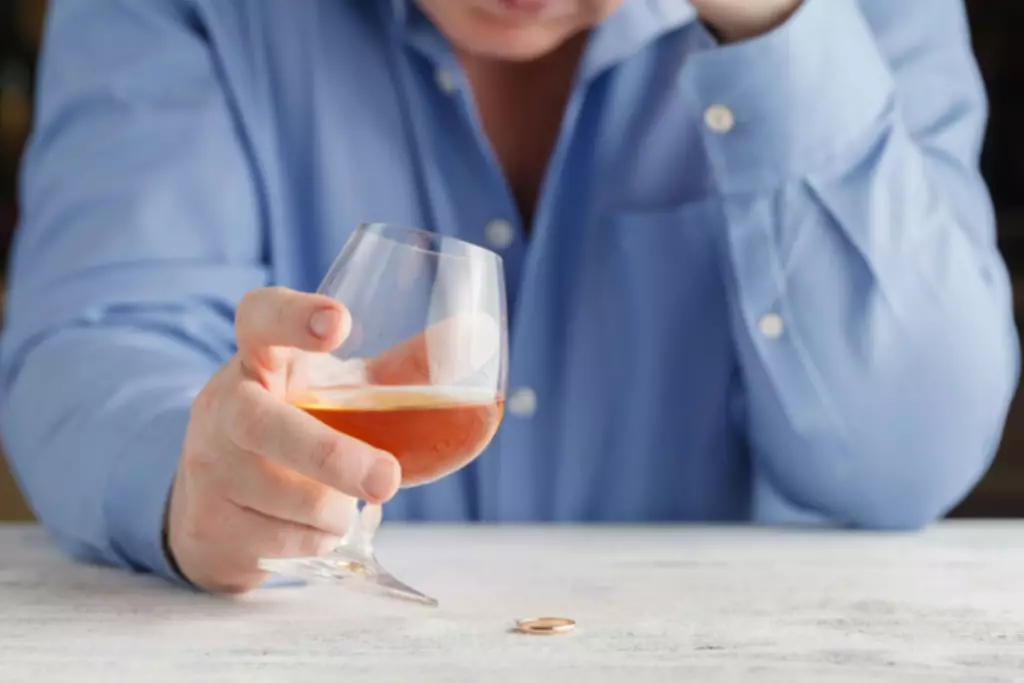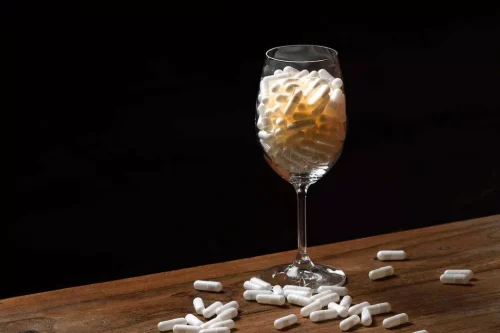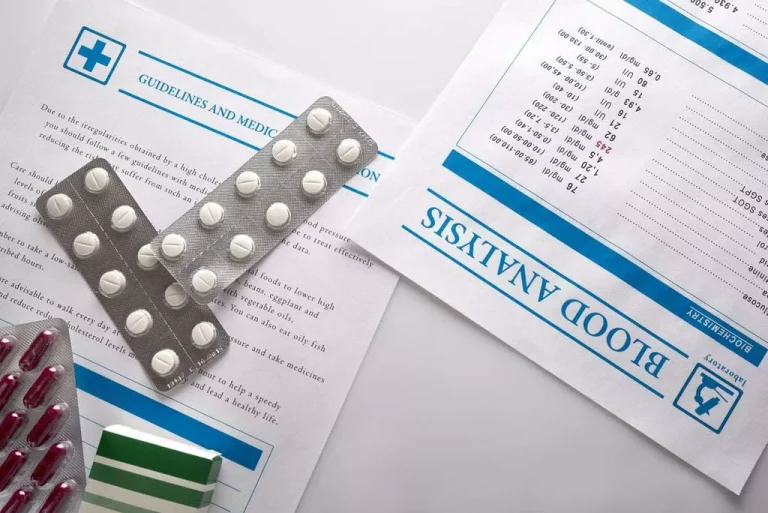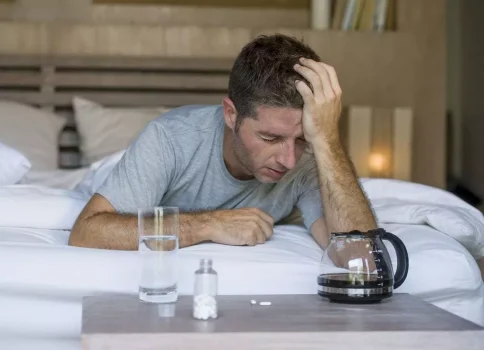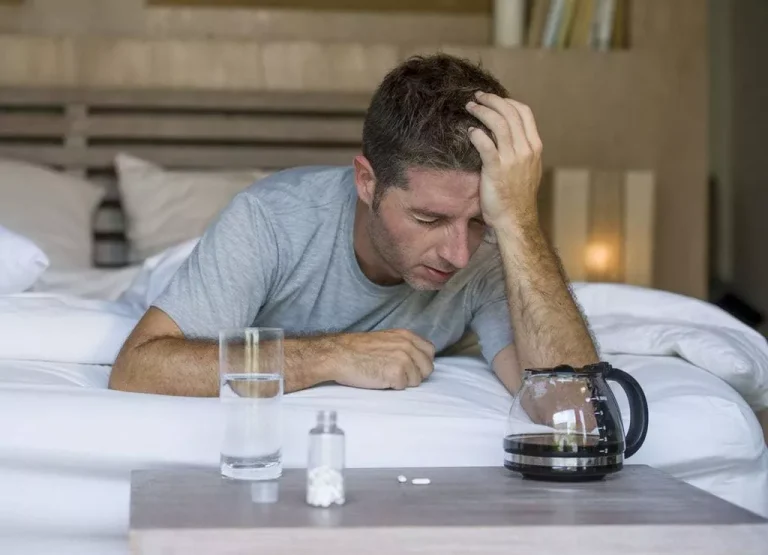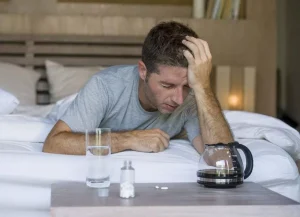I Drink Every Night Am I an Alcoholic?
Monday, May 29th, 2023This can cause agitation, fever, hallucinations, confusion and seizures. For this reason, people who drink heavily and are looking to end their addiction should seek medical assistance. We believe everyone deserves access to accurate, unbiased information about mental health and addiction. That’s why we have a comprehensive set of how old was demi lovato in 2008 treatment providers and don’t charge for inclusion.
Alcohol Withdrawal Symptoms
- But as you continue to drink, you become drowsy and have less control over your actions.
- The compounding physical and psychological symptoms can be managed through professional treatment and the commitment to stop excessive drinking.
- Many drinkers at this stage are more likely to drink and drive or experience legal troubles as a result of their drinking.
- Within 5 minutes, you’ll receive an email with these details – free of charge.
- Frequent, uncontrolled alcohol abuse eventually leads to problem drinking.
- If you or a loved one is struggling with alcoholism in Ohio, The Recovery Village Columbus can help.
Permanent health damage shouldn’t stop a person from seeking treatment, as it can still significantly improve an individual’s quality of life. Those who abuse alcohol may have an easier time breaking their heavy drinking habits. On the other hand, alcoholics will likely experience dependency-induced consequences.
Drinking every night – a sign of problem drinking or alcoholism?
About 62% of functional alcoholics work full time, and 26% possess a college degree or higher. This subtype makes up 19.5% of people addicted to alcohol in the U.S. Screening tests are available to help you assess your drinking habits and relationship with alcohol. If you currently drink every night and feel it would be hard to stop, it may be time to assess your relationship with alcohol. If you or a loved one is struggling with alcoholism in Ohio, The Recovery Village Columbus can help. Our full-service drug and alcohol rehab facility offers a full continuum of care with various levels of comprehensive treatment.
Young Adult Alcoholics
If this is a question that you have asked yourself, then you may have an unhealthy relationship with alcohol. BetterHelp offers affordable mental health care mirtazapine with alcohol via phone, video, or live-chat. Join 40,000+ People Who Receive Our Newsletter Get valuable resources on addiction, recovery, wellness, and our treatments delivered directly to your inbox. Alcohol abuse refers to patterns of consumption that may lead to harm or distress but do not necessarily indicate an addiction. It’s possible for someone to misuse alcohol occasionally without developing a dependency.
The term “alcoholic” has a lot of baggage, and the term isn’t always clearly defined. That why many professionals are shifting to alcohol use disorder (AUD) instead. Alcoholism is a disease that can affect both children and adults, but it doesn’t affect everyone the same way. For some people, just one drink can result in intoxication, while for others, many more drinks are necessary to create the same effect.
Of distilled spirits, according to the National Institute on Alcohol Abuse and Alcoholism (NIAAA). In terms of the effects on the body and brain, excessive alcohol consumption can increase the risk of various health issues for any user. Consistent and excessive alcohol consumption is strongly linked to co-occurring mental health disorders16.
Many drinkers at this stage are more likely to drink and drive or experience legal troubles as a result of their drinking. If your pattern of drinking results in repeated significant distress and problems functioning in your daily life, you likely have alcohol use disorder. However, even a mild disorder can escalate and lead to serious problems, so early treatment is important. Unhealthy alcohol use includes any alcohol use that puts your health or safety at risk or causes other alcohol-related problems. It also includes binge drinking — a pattern of drinking where a male has five or more drinks within two hours or a female has at least four drinks within two hours.
We publish material that is researched, cited, edited and reviewed by licensed medical professionals. The information we provide is not intended to be a substitute for professional medical advice, diagnosis or treatment. It should not be used in place of the advice of your physician or other qualified dka breath smell healthcare providers. People within the chronic severe subtype tend to start drinking earlier — around age 15 — but take a longer time to develop dependency.
